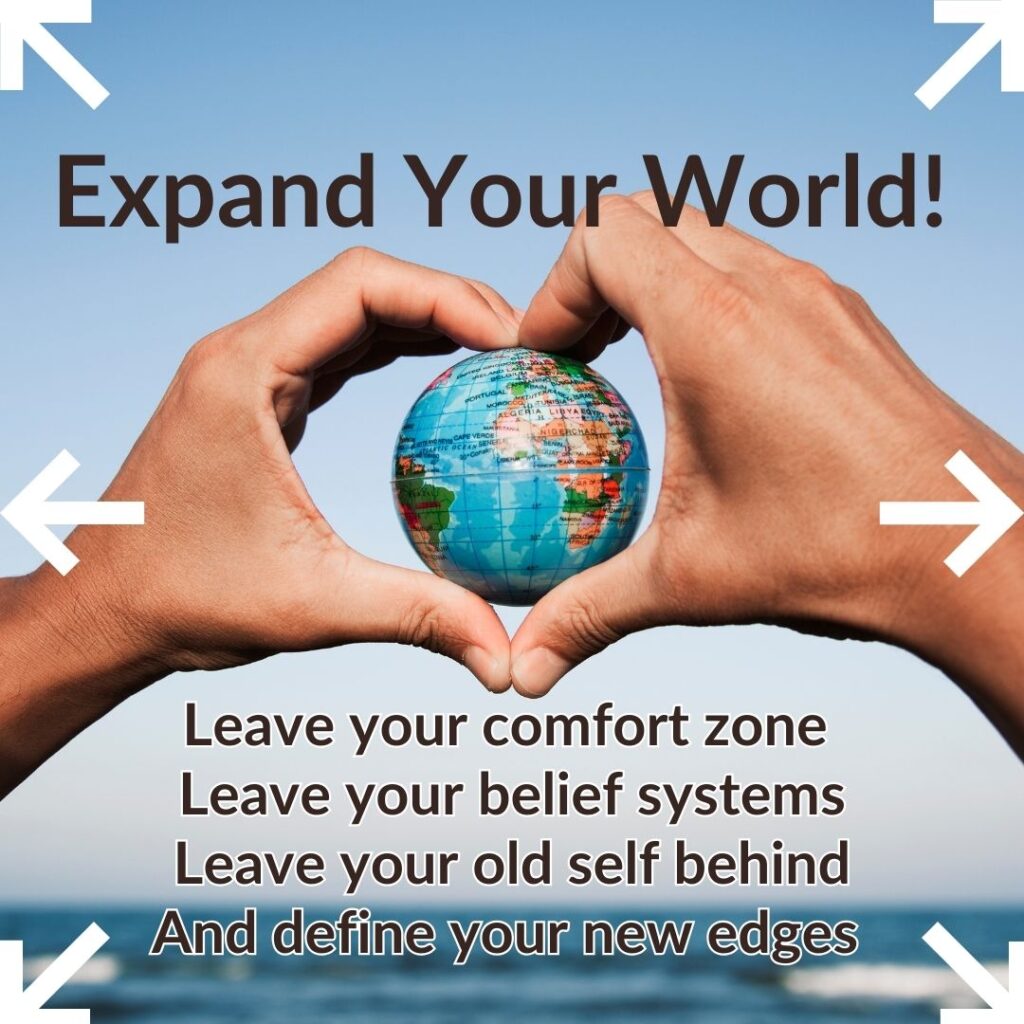
What is your relationship with success? Do you both ‘get on’ fine or is it a little more distant resulting in disappointment? Please find our handy guide to succeeding and the mindset behind success.
In Neuro Linguistic Programming (NLP) we focus on the study of excellence, we are curious about the thinking processes which occur and drive behaviour. In sport it’s about what makes a player or team more successful (and consistently) winning than another. In business it’s what makes a leader get more (or higher quality) results more than another. In other words it’s not focusing upon the ‘doing’, a level of competence is already assumed, it’s the mindset which is the difference and with an NLP approach, mindset is what we can work on.
What Is Mindset?
Mindset is the thoughts, values, beliefs, what we say to ourselves and outlook that we experience initially through our senses, then through personal filters of what we perceive to be reality. Imagine the most powerful internet broadband streaming to all our devices which have very limited processing power in comparison. Those devices cannot handle the data so they take a very small amount and work using that. This is similar to what we do in our heads as the information surrounding us is way too much to comprehend. That information is reduced through our filters in turn creating our own version of reality. Then linking to our physiology and how we feel (our state) resulting in behaviour. Let’s test it out. Think about the last time you felt disappointed, how did it feel in your body, what was your energy and what were you saying to yourself? Compare this to the last time you felt amazing and on top of the world! What thoughts and self-talk were present? How did it feel, was your energy higher than usual? What happens in mind and then body, known as the mind body connection in relation to success, we explore later in this blog.
Check out our 5 easy to implement tips for being successful using mindset
1. Know Your Outcome
Knowing your outcome is key, we are focused on outcome rather than intention. What happens if you have no outcome? Imagine, you are driving your car with no destination, just an intention of enjoying the ride. As you drive what would happen and how would it feel? Chances are you end up driving round and round in circles, going nowhere. What if you were the passenger in that car! Compare this to having a clear outcome on a result or target, such as travelling to or arriving at a specific destination in this example.

In sport, if you are in a competition or race, spend time deciding and clarifying your outcome before you begin, in fact before you begin your training. It could be a end result or a target time to finish within. The more challenging it is, the better, as the more you will push yourself out of your comfort zone to make it happen. Remember comfort and growth do not work together, uncomfortable and growth work together great! Now to aim high. If you aim for a 70% pass mark you are working with very small margins and increasing the opportunity for disappointment. Compare this to aiming for excellence (eg 100%), so let’s go for excellence and by aiming high we will achieve great results. Using positive language will assist, so say to yourself “I can”, or “I will” will help reinforce your mindset.
2. Focus On What You Want
How many times have you caught yourself actively not doing rather than doing? Nothing is going to happen unless you do something. Now that you have your outcome, start by focusing on what you want. You may start from the moment you wake up in the morning and do it as often as needed, as it will sustain you. You will find you tune into your energy and motivation as you become more aware of your focus over time. Focus is key in that it ensures your attention is going in the right direction, it is said, “…where attention goes, energy flows”. If your attention starts to drift elsewhere, for example when comparing to others (ever catch yourself doing this?) or allowing yourself to become distracted, you lose your focus and also the energy which accompanies. Strive to be the best version of yourself, so focusing upon that is where you want to be.
3. There Is No Failure, Only Feedback
A healthy mindset is a positive one, when you have a positive outlook everything and anything is possible. An example of what you say to yourself (or out loud) at this stage could be “What if…”. If you are testing, piloting, practicing, training or performing, feedback is vital, so ask for it! To sum this up “Feedback is the breakfast of champions” (Ken Blanchard), whilst commonly used in a leadership context, this adapts to many others meaning feedback is essential to inform progress and champions rely upon it. In this age of technology we have may ways to gain feedback from devices and people. It is said Thomas Edison took 1000 attempts to create the lightbulb, imagine if he decided he had failed at any attempt along the way to success? Whatever you are working on or in, feedback is one of your most valuable and important assets providing you welcome it, listen, take notice and use. When someone takes the time out of their day to feedback, it should be valued.

4. You Have All The Resources You Need
It’s only a matter of connection. By resources I mean the qualities you may need to utilise along your journey to success. Examples of resources may include determination (never giving up), total self belief, drive, passion and resourcefulness. Knowing that you possess them, somewhere in your neurology, already is an important start point. You may be aware of resources you have, expect to become aware of ones which you are not already conscious of (hidden). This happens in a variety of contexts including those who compete in marathons and triathlons. What resources do they find and use when it gets tough and they have to ‘dig deep’ (very appropriate wording)? Or when driving a business forward, when practising for a performance or event, when learning a skill or having an experience which is completely new – we all have resources from within ourselves that we discover and use. Helpful positive language to say to yourself at this stage could be “I can do this” or “I’ve got this”
5. Mind Body Connection
We have spent most of this blog on mindset, now to turn our attention to the body and through our neural connections. The mind body connection is so powerful and key to achieving. You can think success and be successful in mind and body thanks to our neuro transmitters. Can you feel successful? Of course! Can you look successful? Yes! If you are doing this then others will pick up on this unconsciously, after all 93% of all our communication is unconscious (take a deeper dive into communication on our diploma and practitioner training). This is about yourself, your mindset, what you are saying to yourself and demonstrate with your body. By adopting this holistic approach, you are making this all about you and getting in charge of your personal filters (see What Is Mindset earlier).
For example when you walk (or jog) to the start line of a race, go onto a dance floor, or enter a room for an interview. You want to be demonstrating using your physiology that you are ‘owning’ the space and sending that clear ‘message’. In sport many talk about the body language shown by athletes and players indicating their state of mind. When footballers and those in other sports are taking penalties, take some time and focus on their body language. It will be revealing in comparison to their level of success!

Next Steps
If you want to explore more about your mindset and success in all contexts we have a variety of practical courses and programmes on self development to suit. To find one most suitable, get in touch for a chat or contact us.

